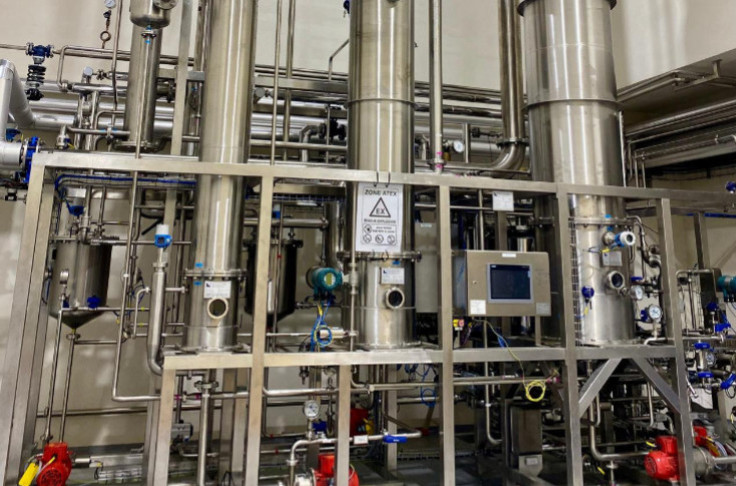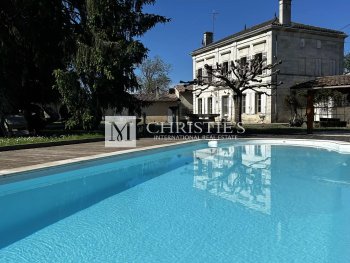Bordeaux Families’ gamble with de-alcoholisation pays off

fficially opened in January 2024 in Sauveterre-de-Guyenne, the Bordeaux wine region’s first industrial de-alcoholisation unit produced 17,000 hectolitres of totally or partially de-alcoholised wines (no and low-alcohol) both for the co-operative winery group’s own needs (two thirds of volumes) and on a custom de-alcoholisation basis. The results are “beyond our expectations”, claims Bordeaux Families’ managing director Philippe Cazaux, who says that “break-even point of 80% activity was reached after just a year”, equating to 50 to 60% of production capacity at the facilities. “The tempo is good. Everything now will depend on the markets. We will have a clearer picture in a year’s time, and know whether it has been maintained”, adds a cautious Cazaux.
Bordeaux Families is currently benefiting from the small number of de-alcoholisation companies currently operating in France, with most facilities located abroad. “In 2021, it seemed like a crazy gamble”, comments Cazaux referring to the 2.5 million-euro investment. However, with Europe poised to authorise de-alcoholisation for organic wines and IGP Atlantique applying to be able to reduce its alcohol level to 6% ABV in order to meet new consumer occasions, the facilities should soon see new avenues for development open up, says the Bordeaux Families director.
De-alcoholised wine continues to make the headlines but still needs to transition from strong growth to substantial market shares. With facilities designed to process 30,000 hectolitres, de-alcoholisation could account for 15 to 20% of production by the co-operative group (220,000 hl).





